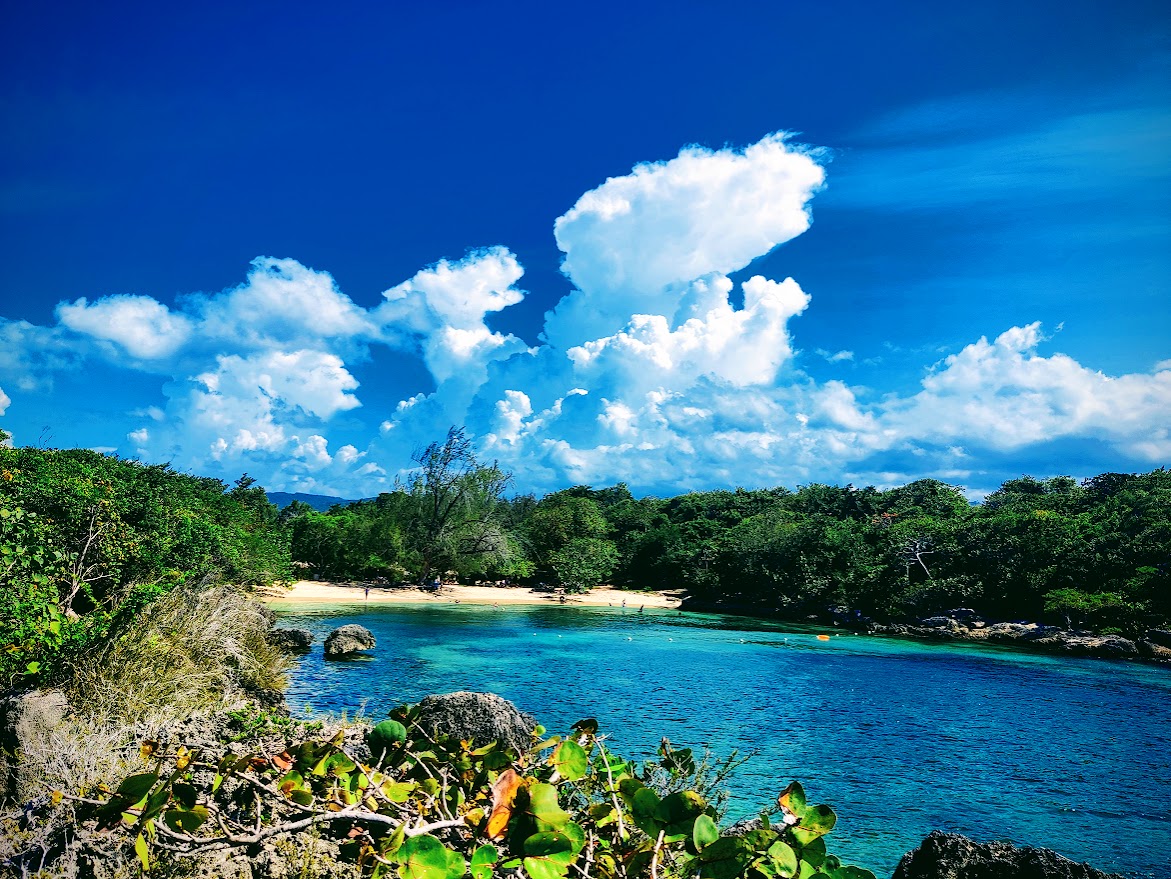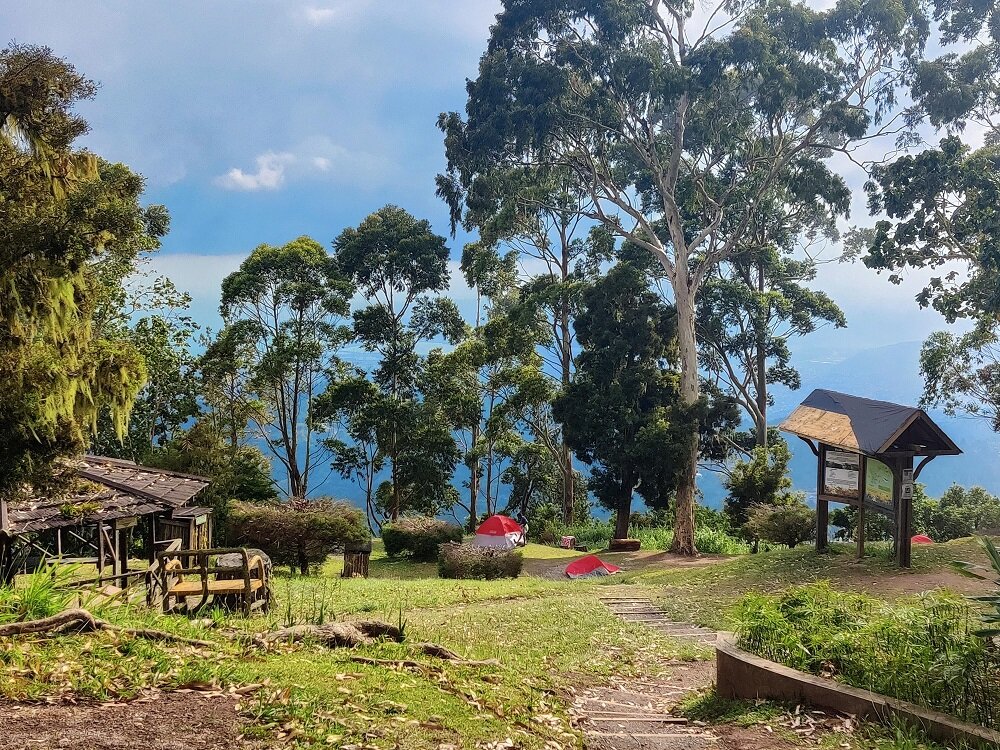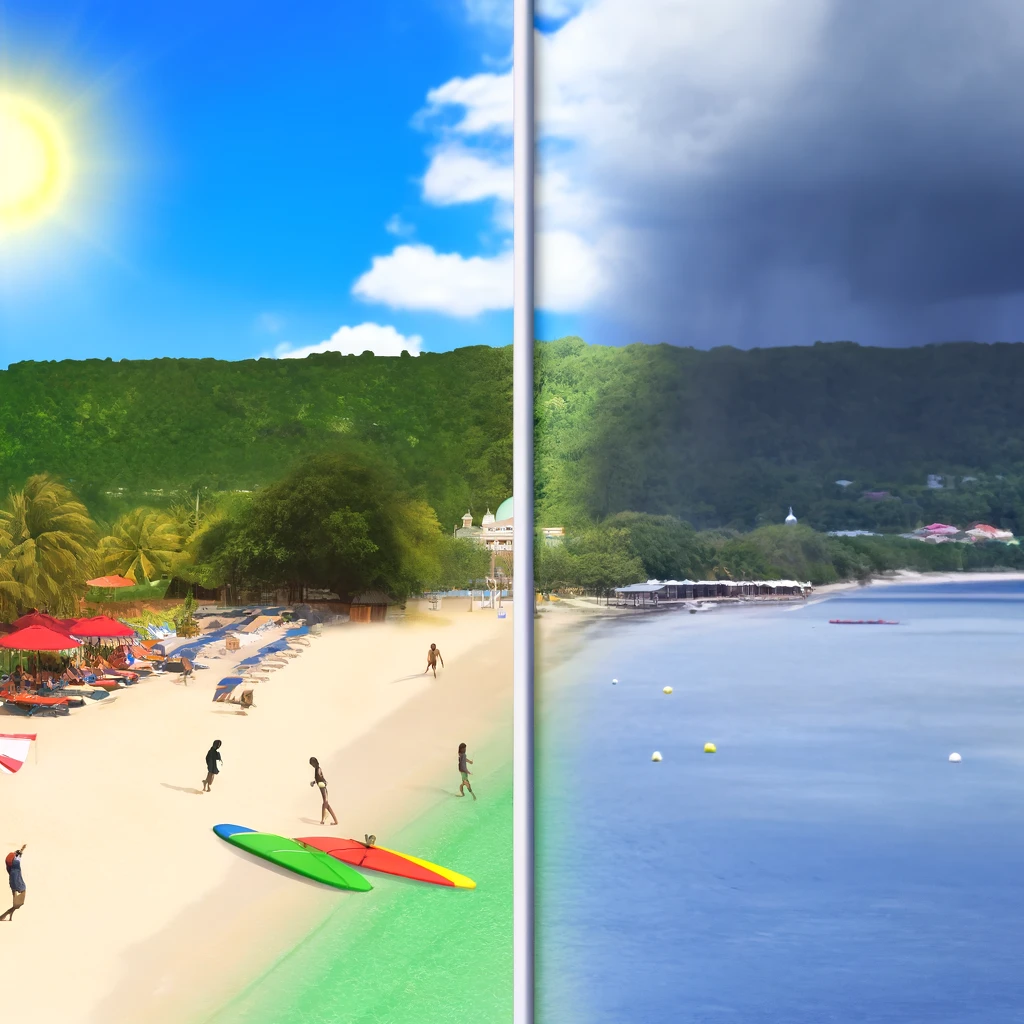
Insights into Jamaica’s weather patterns for the month of January show that it is outside of the hurricane season, which runs from June to November. This means that the likelihood of tropical storms disrupting your travel plans is minimal. You can enjoy the tranquil blue waters and lush landscapes with peace of mind, making it a preferred time for visitors seeking a winter getaway.
Overview of Jamaica’s Weather in January
In January, you can expect pleasant and mild weather conditions in Jamaica, making it a prime time for a tropical getaway. Jamaica’s average temperatures in January range from a low of 22°C (72°F) to a high of 31°C (88°F), providing a comfortable climate for both beach activities and exploring the island.
The island’s position close to the equator ensures a consistent day length, with sunrise around 6:30 AM and sunset close to 6:00 PM, allowing ample daylight for your adventures. January is part of the dry season, and rainfall is relatively low, with short, occasional showers that shouldn’t disrupt your plans.
-
- Sea temperatures remain warm, averaging 27°C (81°F), which is ideal for swimming, snorkeling, and water sports.
-
- Humidity levels can vary, often feeling higher in coastal areas due to sea breezes.
During this month, you’re well out of the Atlantic hurricane season, which runs from June to November, so the risk of tropical storms is minimal. Nonetheless, it’s wise to check the weather forecast regularly, as conditions can change.
Remember to pack light clothing for the day, a hat, and sunscreen. Including a light sweater or shawl is advisable for cooler evenings or if you’re planning to explore the more elevated regions. With favorable weather conditions, January is an excellent time to experience Jamaica at its most serene.
Typical weather patterns for January
With warm temperatures, little rain, and lots of sunshine, January in Jamaica provides a welcome break from the chilly winter months elsewhere.
Jamaica’s Average Temperatures in January
In January, you can expect daytime highs to typically hover around 82°F (28°C), while the nights are moderately cooler with average lows of about 71°F (22°C). This month is one of the cooler periods in Jamaica, but the temperatures are still quite conducive for beach activities and outdoor exploration.
Precipitation Levels
Rainfall in January is relatively low. You’re likely to experience an average precipitation of approximately 2.5 inches (63 mm) for the entire month. This makes January one of the drier months, so you can enjoy outdoor activities without much concern for rainy weather.
Sunshine and Daylight Hours
You will enjoy an average of 8 hours of sunshine per day in January, coupled with long daylight hours. The sun typically rises around 6:30 AM and sets close to 5:30 PM, giving you ample time to indulge in various activities from daylight through to the early evening.
Jamaica’s Microclimates
In Jamaica, the weather varies significantly between different microclimates. Understanding these variations will help you plan your visit accordingly.
Mountain Regions
In the mountainous regions, temperatures are generally cooler than the rest of the island. Blue Mountain Peak, the highest point in Jamaica, has an average temperature range in January between 5°C (41°F) and 12°C (54°F). You can expect to experience cooler and more temperate weather as you ascend, with increased rainfall.
-
- Temperature Range: 5°C (41°F)–12°C (54°F)
-
- Weather: cooler, increased rainfall

Jamaica’s Coastal Areas in January
The coastal areas are warmer, with more consistent temperatures. The average temperature in January hovers around 22°C (72°F) to 31°C (88°F). These regions receive less rainfall than the mountains and are characteristically more humid, providing you with warm seas and balmy evenings.
-
- Temperature Range: 22°C (72°F)–31°C (88°F)
-
- Weather: warmer, more humid, less rainfall
Preparing for Your Visit
January in Jamaica offers pleasant weather, which is perfect for a variety of outdoor activities. You will experience warmth and sunshine, making it essential to pack accordingly and plan for experiences that take advantage of the weather.
What to pack for Jamaica
-
- Lightweight Clothing: Choose breathable fabrics like cotton or linen to stay comfortable in daytime temperatures averaging around 27°C (80°F).
-
- Swimwear: Bring at least two swimsuits for frequent dips in the sea or pool.
-
- Sun Protection: Pack sunscreen with high SPF, a wide-brimmed hat, and UV-blocking sunglasses.
-
- Comfortable Footwear: Include water shoes for beach activities and sturdy sandals for walking.
-
- Evening Attire: Have a light sweater or jacket for cooler evenings, which can dip to about 20°C (68°F).
Activities Suited for January Weather
-
- Beach Time: Take advantage of the dry season by spending time on Jamaica’s famous beaches.
-
- Outdoor Excursions: Explore rainforests, waterfalls, and the Blue Mountains. The cooler, drier conditions are ideal for hiking and sightseeing tours.
-
- Water Sports: With calmer seas, engage in snorkeling, scuba diving, or sailing.
-
- Cultural Events: Attend local festivals and outdoor concerts to experience Jamaica’s vibrant culture.
Understanding Jamaica’s Hurricane Season
Jamaica’s hurricane season typically stretches from June to November, with the peak occurring from August to October. Understanding the historical patterns and January’s cyclone activity can help gauge the likelihood of hurricanes and tropical storms during your visit.
Historical hurricane data
Jamaica’s geographical location makes it prone to experiencing tropical cyclones. However, historical data suggests that direct hurricane hits on Jamaica are less frequent than on other Caribbean islands. The table below shows the number of hurricanes affecting Jamaica in the last decade:
| Year | Number of Hurricanes |
| 2014 | 1 |
| 2015 | 0 |
| 2016 | 2 |
| 2017 | 1 |
| 2018 | 1 |
| 2019 | 1 |
| 2020 | 2 |
| 2021 | 0 |
| 2022 | 0 |
| 2023 | 1 |
It’s clear from this data that while hurricanes do occur, years without any hurricanes are also common.
January’s Cyclone Activity
January stands outside the traditional hurricane season, which significantly reduces the chances of a hurricane occurring during this month. Historical records indicate that January is one of the least active months in terms of cyclones. Tropical storms are extremely rare during this period, and there have been no recorded hurricanes in Jamaica in January for over a century.
-
- No recorded hurricanes: in January for the past 100+ years.
-
- Low cyclone activity refers to both tropical depressions and storms.
By traveling to Jamaica in January, you can expect a high degree of tranquility regarding weather disruptions from hurricanes or tropical storms.
Safety Tips and Recommendations
January in Jamaica features warm weather, but it’s essential to stay vigilant for a safe and enjoyable trip. Here, you’ll find practical advice to ensure your wellbeing.
Sun Protection:
-
- Wear sunscreen with SPF 30 or higher; reapply every two hours.
-
- Stay hydrated: Drink plenty of water to avoid heat exhaustion.
-
- Seek shade, especially during peak sun intensity, 10 a.m. to 2 p.m..
Swimming Safety:
-
- Obey lifeguard warnings: Heed flags and signs for water conditions.
-
- Buddy system: Never swim alone, regardless of your swimming ability.
-
- Respect marine life: avoid touching coral reefs and sea creatures.
Health Precautions:
-
- Travel insurance: Ensure coverage for medical emergencies.
-
- Vaccinations: Check with a travel clinic for any recommended shots.
-
- First aid kit: Carry one with essential medications and supplies.
Local Laws:
-
- Know the law: Familiarize yourself with Jamaican laws to avoid infractions.
-
- Emergency contacts: Have local emergency numbers on hand.
In case of an unexpected hurricane threat, follow local authority directives:
-
- Evacuation: If advised, evacuate promptly along the recommended routes.
-
- Shelter: Identify a safe location in advance to seek shelter.
Prioritize safety, and your time in Jamaica can be a serene and delightful escape.
Conclusion
Visiting Jamaica in January allows you to enjoy comfortable temperatures that average around 75°F to 85°F during the day. This period is usually outside the hurricane season, which runs from June to November, meaning you can typically expect pleasant weather with minimal rain interruptions.
When packing for your trip, include light, breathable clothing, and don’t forget your sunscreen, as the UV index can be quite high. Taking a lightweight rain jacket might also be a good idea since brief showers can occasionally occur.
Here’s a snapshot of what to expect weather-wise in January:
-
- Average High Temperature: 85°F
-
- Average Low Temperature: 75°F
-
- Precipitation: Low
-
- Sunshine Hours: 8 per day
Remember, weather patterns can vary, so it’s wise to check the forecast closer to your trip to have the most current information. This way, you can ensure your itinerary remains flexible to adapt to any unexpected changes in weather. Your experience in Jamaica is set to be tranquil with the typically warm and dry January weather, making it a getaway to remember
